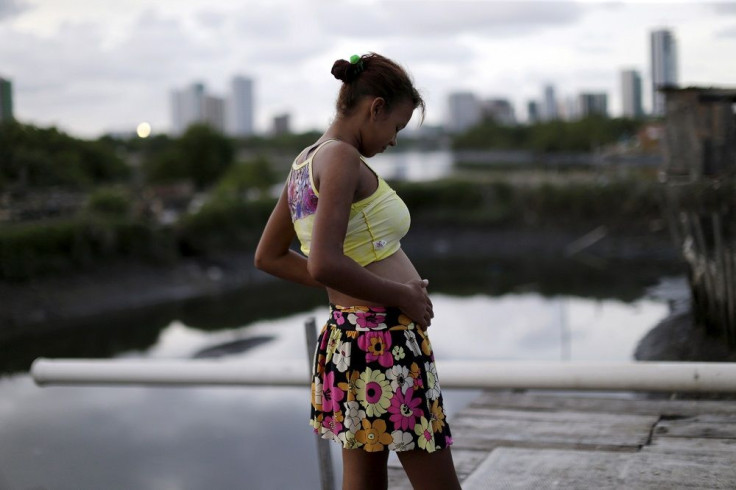Caesarean section babies: Seeding a top trend in the UK, GBS may cause death of newborns

Seeding is a harmful trend that can lead to death of babies, a study has concluded. The process of seeding involves covering the newborn with vaginal fluid via a swab immediately after a Caesarean birth. New mothers are putting their babies at extreme risk of infection by following this procedure. Seeding, also known as microbirthing, apparently started in Australia but is now trending in the UK. According to the research, it has no proven benefit for the baby.
But why did this practise suddenly become so popular? When babies are naturally born, they are exposed to a range of beneficial bacteria when they move down the birth canal. Caesarean babies are not exposed to the beneficial bacteria that may later on cause diseases and illnesses such as asthma and allergies. Parents believe that seeding will expose their babies to the beneficial bacteria and prevent such illnesses.
However, what new parents are not aware of is that seeding may also expose their babies to group B strep (GBS), which is a fatal infection. Around a quarter of pregnant women carry GBS at any one time. Although GBS does not harm the mothers and only a small number of babies become infected, it may sometimes infect babies and cause death, writes News.com.au.
It is a matter of great concern that in the UK, and some other countries, pregnant women are not tested for GBS. While GBS may be transferred during normal birth too, Caesarean in fact provides protection against GBS and various other infectious diseases.
Experts involved in the research were Eimear Brannigan, a consultant in infectious diseases and infection prevention and control at Charing Cross Hospital London; Dr Aubrey Cunnington, a clinical senior lecturer from Imperial College London; and Aniko Deierl, a consultant neonatologist at St Mary's Hospital, London.
They wrote an article in the British Medical Journal (BMJ) stating that demand for seeding has been steadily growing in their hospitals and “has outstripped both professional awareness and professional guidance on this practice.”
“(GBS) is carried by around one in four pregnant women, and although it poses no risk to the mother it can cause fatal infections in babies. There are also other conditions that cause no symptoms in the mother, such as chlamydia, gonorrhoea and herpes simplex virus that could be transferred on the swab,” said Cunnington in the article.





















